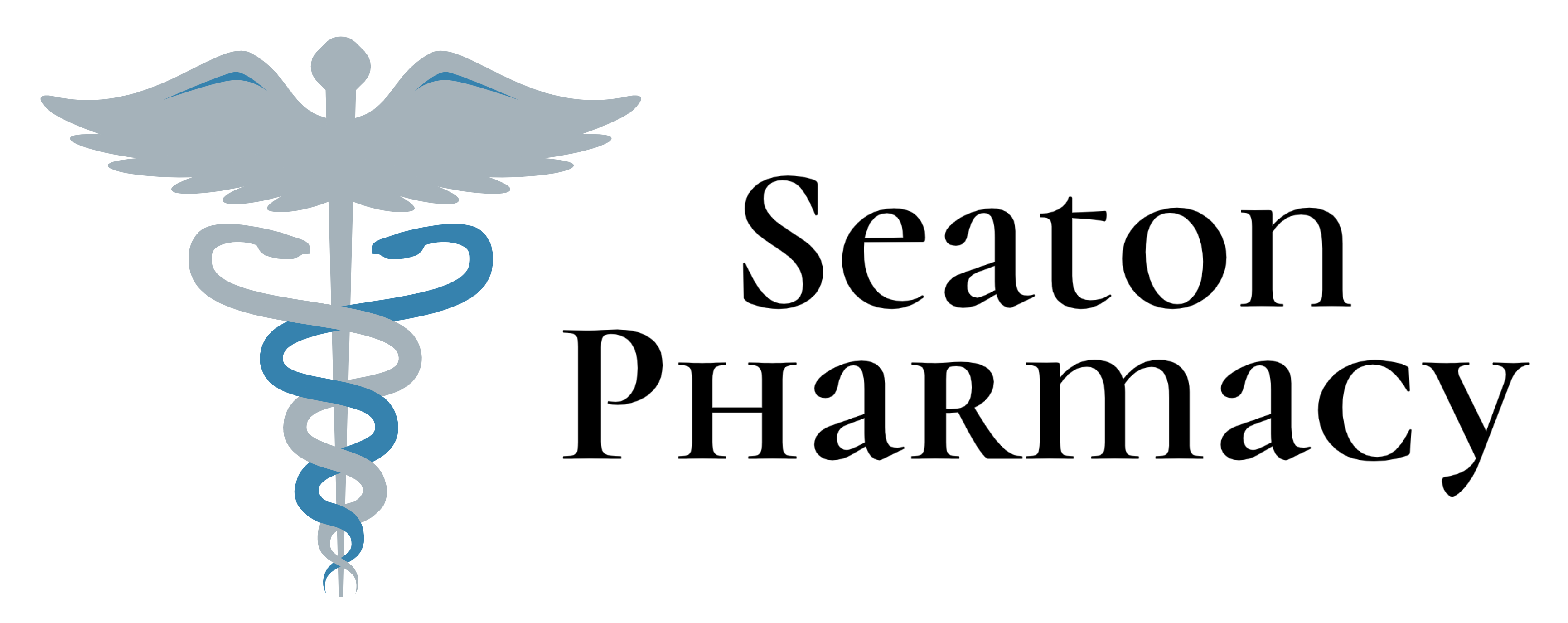Planning a trip to Kenya offers an opportunity to experience breathtaking landscapes, vibrant cities, and incredible wildlife. However, whether you’re heading to the bustling urban centres like Nairobi or exploring rural areas and game reserves, preparing for health risks is essential. At Seaton Pharmacy travel clinic, we offer expert guidance and a range of vaccinations to help ensure your journey is safe and enjoyable.
Why Are Vaccines Important for Travelling to Kenya?
Kenya is a popular travel destination, but like many tropical countries, it poses certain health risks. The climate, environment, and infrastructure vary significantly between urban and rural areas, influencing which vaccinations are most important for your trip. A tailored approach to your Kenya travel vaccines ensures you’re protected against illnesses you might encounter in different regions.
Recommended Vaccines for Urban Travel in Kenya
If your trip is centred around Kenya’s urban areas, such as Nairobi or Mombasa, certain vaccines are essential. Urban areas generally have better healthcare infrastructure than rural regions, but the risk of some diseases remains.
Hepatitis A – £55 per dose
Hepatitis A is transmitted through contaminated food and water. Even in cities, hygiene standards can vary, and travellers are at risk when eating in local restaurants or markets. The vaccine offers long-lasting protection and is strongly recommended.
Typhoid – £40 per dose
Typhoid fever is another illness caused by contaminated food or water. While major cities have improved sanitation, risks still exist. A typhoid vaccine is an important precaution, particularly for those planning to sample local cuisine.

Cholera – £55 per dose
Cholera outbreaks occasionally occur in Kenya, including in urban areas. Though rare for most travellers, those visiting crowded settings or staying in areas with limited access to clean water should consider this vaccine.
Diphtheria, Tetanus, and Polio – £35 per dose
This combination vaccine is vital for all travellers to Kenya, regardless of their destination. While the risk of polio is very low, tetanus and diphtheria can occur anywhere, especially if you sustain an injury.
Additional Vaccines for Rural and Wildlife Areas
Travellers venturing into rural Kenya, including national parks and remote villages, may face additional health risks. These areas often lack modern infrastructure, increasing exposure to diseases not commonly found in cities.
Rabies – £75 per dose
Rabies is a significant risk in rural Kenya, where contact with stray animals, bats, or wildlife is more likely. If you’re planning outdoor activities or visiting remote areas, a pre-exposure rabies vaccine is highly recommended.
Hepatitis B – £60 per dose
Hepatitis B is spread through blood and bodily fluids. Although urban areas carry some risk, it’s higher in rural settings where healthcare facilities may have limited sterilisation measures. Travellers engaging in volunteer work, such as healthcare or teaching, should prioritise this vaccine.
Meningitis ACWY – £60 per dose
Rural Kenya occasionally experiences meningitis outbreaks, especially in crowded conditions. If your trip coincides with the dry season or involves spending extended time in close quarters with locals, consider the meningitis ACWY vaccine.
Japanese Encephalitis – £95 per dose
While rare, Japanese encephalitis is a mosquito-borne illness that can occur in rural agricultural areas. If you’re spending significant time outdoors in these regions, this vaccine may be advisable.
Comparing Risks: Urban vs Rural Kenya
Urban Centres
Lower risk: Access to better healthcare and sanitation reduces exposure to diseases like cholera and typhoid.
Primary concerns: Foodborne and waterborne illnesses, minor injuries, and contact with urban animals.
Rural Areas
Higher risk: Limited infrastructure and proximity to wildlife increase exposure to diseases like rabies, malaria, and Japanese encephalitis.
Primary concerns: Insect-borne illnesses, animal bites, and outbreaks of diseases like meningitis.

Additional Considerations
Malaria Prevention
Malaria is a significant risk throughout Kenya, but the risk is higher in rural areas. Although there is no vaccine for malaria, preventative measures such as antimalarial tablets and insect repellents are essential. At Seaton Pharmacy, we can provide personalised advice and supply the right prophylaxis for your trip.
Tick-Borne Diseases – £60 per dose
Travellers spending time hiking or camping in rural areas may be exposed to tick-borne diseases. Although rare in Kenya, it’s worth discussing your itinerary with our travel health experts.
Planning Ahead
It’s important to plan your vaccines well in advance. Many vaccines require multiple doses over a few weeks, so aim to book your appointment at least 4–6 weeks before departure. However, if you’re travelling on short notice, don’t worry – we can still provide essential vaccines and advice to protect you.
Start Your Journey Safely
At Seaton Pharmacy, we understand that every traveller’s needs are unique, and our team provides tailored advice to determine which Kenya travel vaccines are essential based on your itinerary, activities, and health history. With convenient appointments, expert recommendations for both urban and rural travel, and transparent pricing, we make preparing for your trip simple and stress-free.
Whether you’re exploring Kenya’s vibrant cities or heading into its remote wilderness, proper health preparation is crucial. Contact Seaton Pharmacy today to discuss your Kenya travel vaccines and schedule your appointment. Let us help you enjoy a safe and healthy adventure in this beautiful country.

This blog was written on behalf of Seaton Pharmacy by Pharmacy Mentor.

